
Getting dogs can free you from all your worries and troubles, as their company can bring you so much happiness. Besides that, dogs are considered man's best friend because of their ability to love, trust, and be loyal to their owners. Their company itself is a great stress reliever, and there is nothing better than having a puppy in your home. But before you take the leap, it's worth understanding what you're getting into. Here are some important things every first-time dog owner should know.
Many foods can kill your puppies. However, foods like chocolate, onions, and garlic are clearly harmful to dogs, others—such as coffee beans, grapes, and raisins—might not seem as dangerous at first glance but are just as toxic. In this article, we list 13 dangerous foods that can kill your puppies for you, so that can prevent your dog from dangerous.
This video is owned by the original creator on YouTube and is embedded in compliance with YouTube's Terms of Service. Our website provides independent commentary and analysis.
1. Alcohol
As we all know, alcohol is highly toxic to dogs and can cause serious illness or even death. Alcohol poisoning is one of the leading causes of pet fatalities, often resulting in symptoms such as vomiting, diarrhea, tremors, seizures, depression, coma, and in severe cases, death.
If your pet drinks alcohol, be aware that it may take hours after drinking for it to show any signs of intoxication. Therefore, keep a close eye on its activities and keep a close eye on it when you are out.
In addition, never leave your pet unattended around alcoholic beverages. More attention should be paid to that if you suspect your pet has ingested alcohol, call your veterinarian immediately.
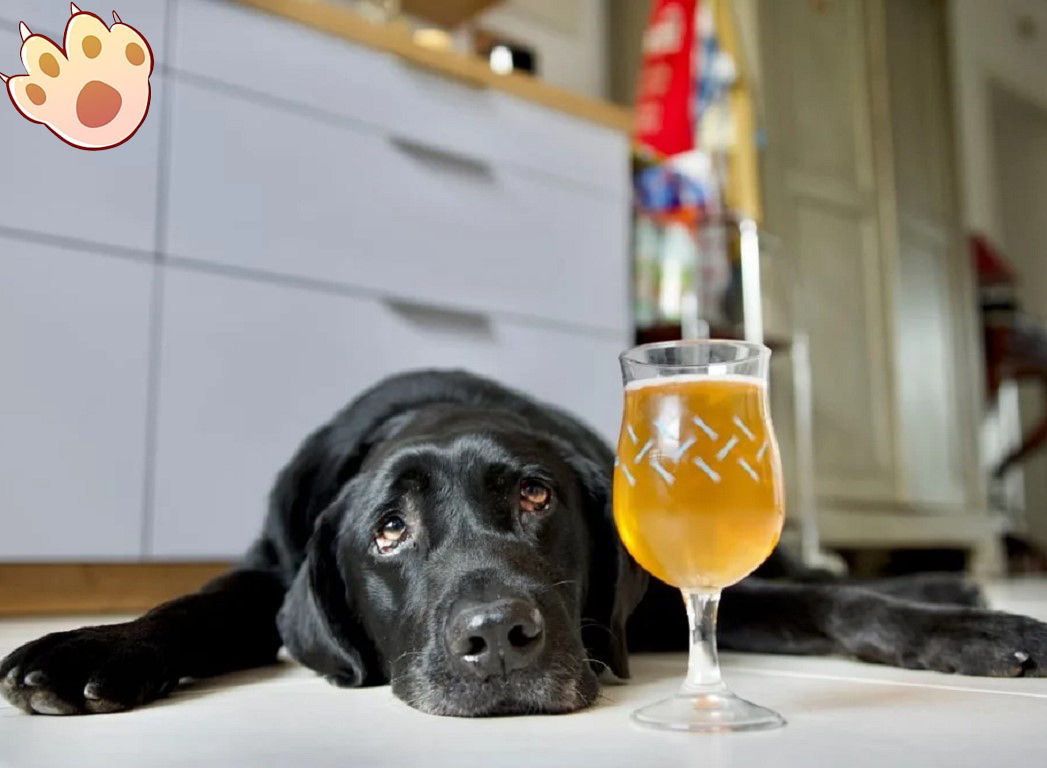
2. Chocolate
Chocolate is irresistible to humans, and the same is true for dogs. According to data, in last year, chocolate ranked fourth among the top 10 calls received by pet owners to the American Society for the Prevention of Cruelty to Animals (ASPCA) Poison Control Center. Becasue chocolate contains methylxanthines, which can cause gastrointestinal upset, asthma, diarrhea, extreme thirst, heart arrhythmia, seizures and even death.
The darker the chocolate, the higher the risk of poisoning. Although white chocolate is the least dangerous, while baking chocolate and cocoa powder are the most dangerous.

3. Caffeine
Similar to chocolate, coffee contains a stimulant which is Methylxanthine and not safe for dogs. The reason is that methylxanthines can stimulate the central nervous system and cause vomiting, irritability, palpitations, and possibly death within hours, so keep coffee out of your dog's reach.

4. Onions, Garlic, and Chives
Onion food is a common ingredient used in cooking, while they are are toxic to dogs in raw, cooked or powdered form. Onion foods can cause red blood cell damage, with initial symptoms including vomiting, diarrhea, weakness and loss of appetite. These symptoms can develop gradually (sometimes within a few days of ingestion) and cause dark urine, pale gums, increased heart rate and rapid breathing from hemolytic anemia.
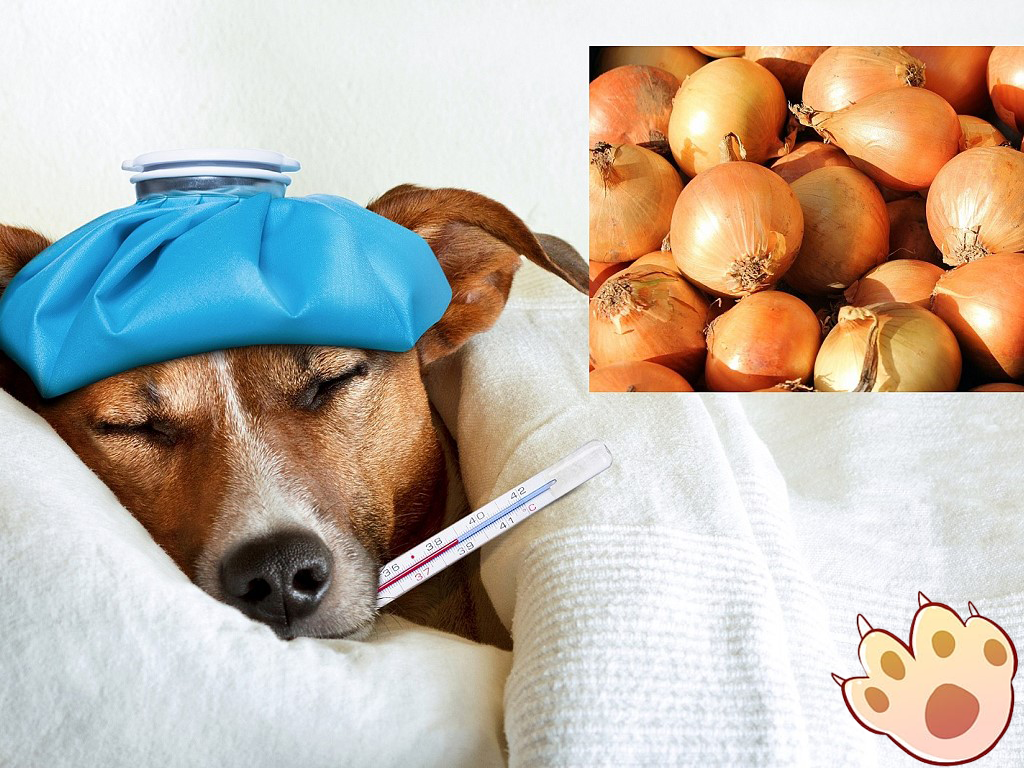
5. Grapes & Raisins
People often don't think of how grapes and raisins could be harmful to dogs, however, they may cause kidney failure in certain dog breeds that are susceptible to kidney disease, such as German shepherds, golden retrievers, Labrador retrievers, Doberman pinschers, Rottweilers, boxers, pit bulls, Chihuahuas, and many more.
And there is no safe dose of grape juice. Some dogs have been shown to drink up to 10 cups of grape juice per day without showing signs of toxicity, while others have been shown to drink less than a cup of grape juice per day and still develop kidney damage.
Therefore, if you suspect your dog has eaten grapes or raisins and is showing symptoms such as vomiting, diarrhea, lethargy, weakness, loss of appetite, or extreme thirst, call your veterinarian immediately.
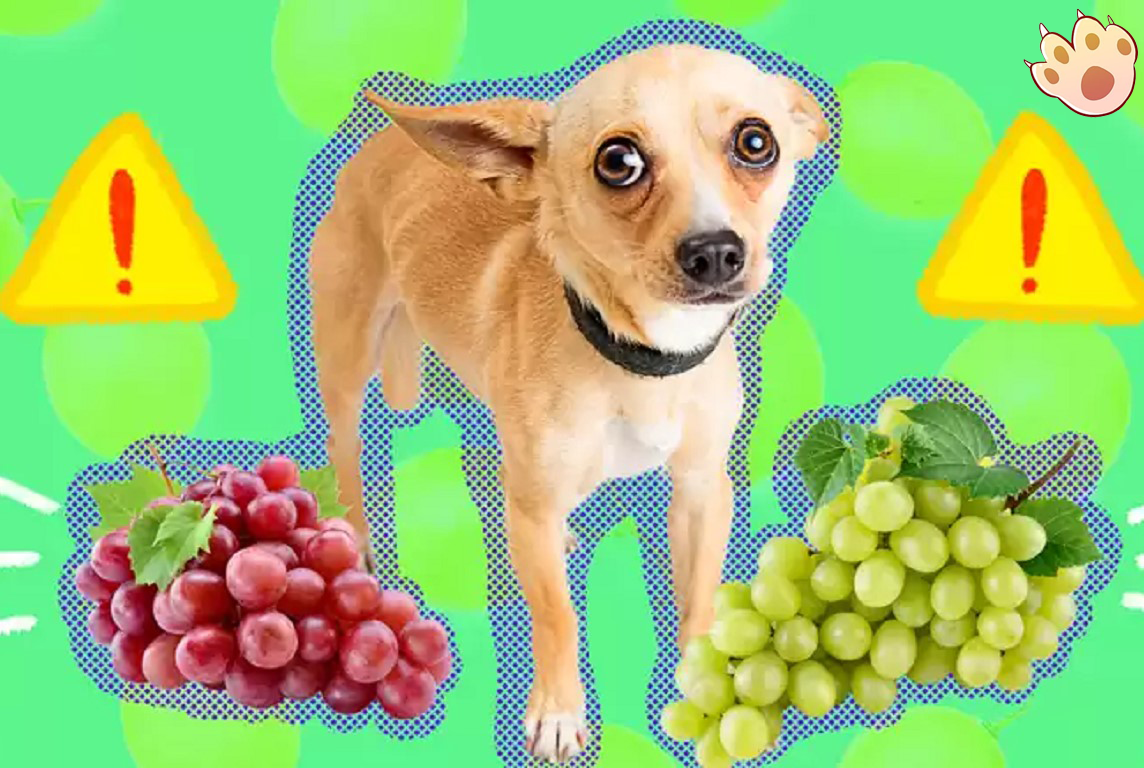
6. Dairy
Can you imagine that dairy products can also pose a threat to your dog's health? Becasue dogs lack sufficient lactase in their bodies to break down the lactose found in dairy products. Besides that, other non-dairy milks are also not recommended as they may cause stomach upset and diarrhea.
Research shows that dogs consuming dairy or non-dairy products may experience diarrhea and other gastrointestinal upsets. And macadamia milk is more worrisome as it contains toxic substances that may cause vomiting, lethargy and tremors.
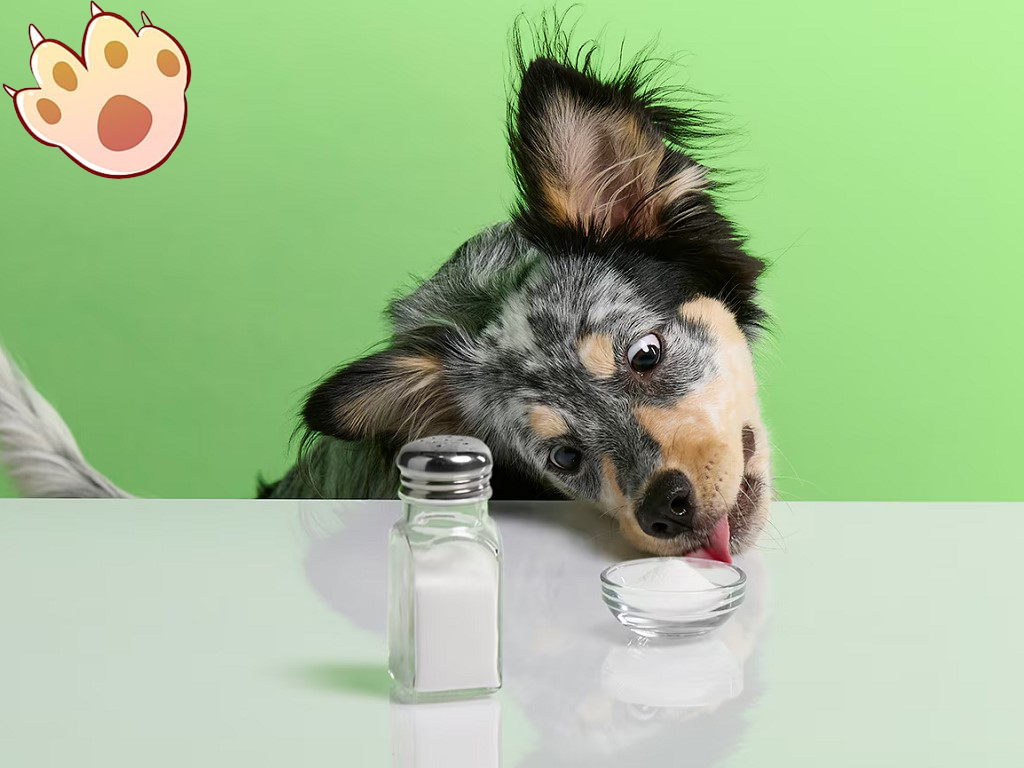
7. Xylitol
Xylitol, an artificial sweetener used in a variety of human products, including sugar-free gum, candy, and toothpaste, can cause hypoglycemia in dogs (because it releases insulin quickly), seizures, liver failure, and even death.
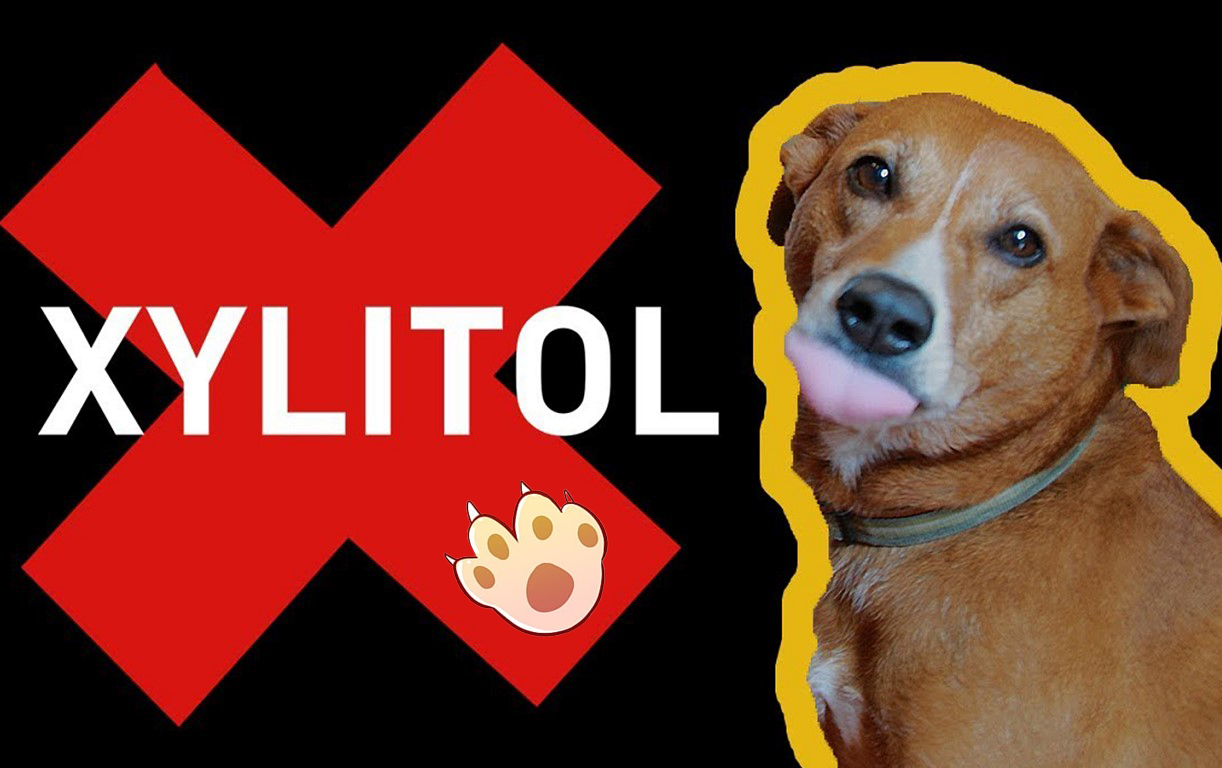
8. Cooked Bones
Among dog treats, bones are undoubtedly the most common. While, most dogs cannot safely eat cooked bones because they may splinter or get stuck in the throat or intestines, requiring surgery or even causing death. In comparison, raw bones are less likely to splinter, but the risk still exists. Because raw bones may contain bacteria that cause digestive upset.
Granted, this topic is controversial. There is a lot of evidence to support the benefits and risks. Some owners are reluctant to stop feeding bones to their dogs because they believe the benefits outweigh the risks. But the result is that thousands of dogs require emergency medical treatment for this reason every year.
In fact, all bones are considered dangerous, including chicken, pork, and beef. Among these, chicken bones are especially prone to being swallowed whole or only partially chewed, which can cause intestinal perforation. Therefore, if you want to toss your dog a bone next time, try throwing in a rawhide bone. Your dog will thank you, and hopefully live a healthy, happy life for many years to come.
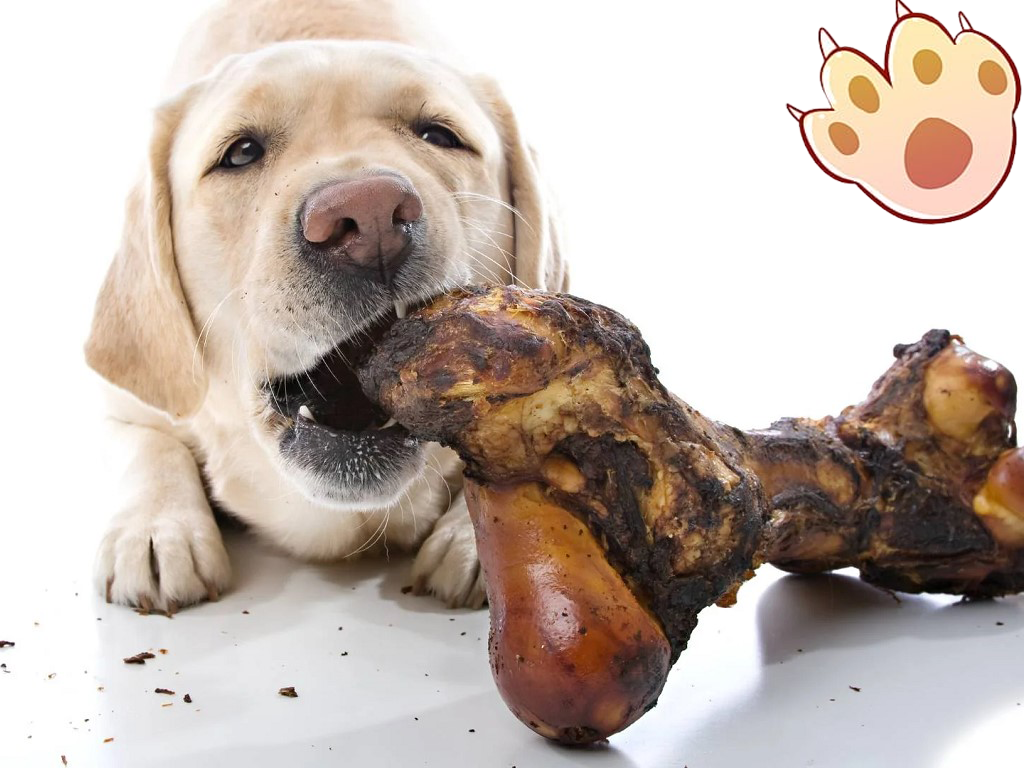
9. Yeast Dough
In our understanding, yeast dough is an excellent food for dogs because it is rich in protein, vitamins, minerals, and dietary fiber. However, yeast dough can be dangerous for pets who consume it.
Because if your dog eats too much yeast dough, he may experience diarrhea, vomiting, lethargy, weight loss, and dehydration. In addition, your dog may also experience abdominal pain and blood in his stool and urine.
Therefore, to avoid this problem, keep yeast dough out of your pet's reach. Also, never mix yeast dough with other foods (e.g., breadcrumbs, crackers, cookies, cakes, muffins, etc.) and feed it to your pet.
It is obvious that yeast dough is not toxic to humans. However, if your pet ingests enough yeast dough, it could become seriously ill. Therefore, if you suspect your pet has eaten too much yeast dough, contact your veterinarian immediately.

10. Macadamia Nuts
Another common food that may be a threat to your dog’s health that you might not expect is macadamia nuts. Even in small amounts, dogs who eat macadamia nuts can develop weakness and difficulty walking, along with muscle tremors, panting, pain and elevated body temperature due to an unknown toxin. This is usually not fatal and resolves within 24-48 hours.
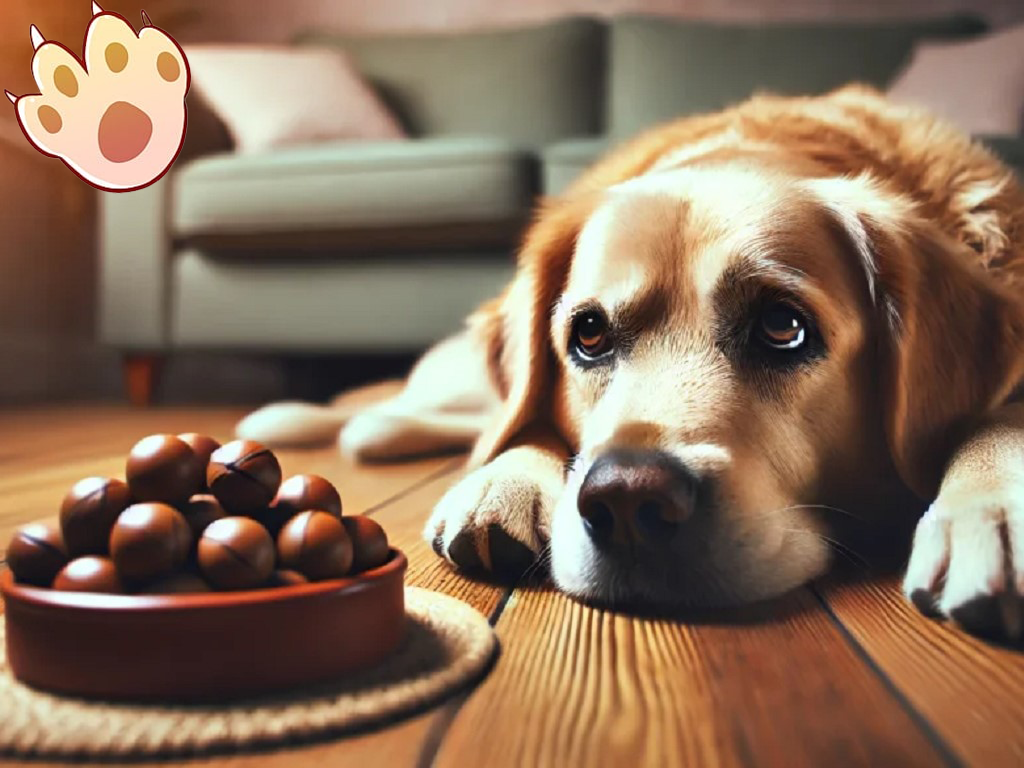
11. Citrus Fruits
In our impression, citrus fruits are rich in vitamins and are very beneficial to human health. While, all parts of citrus fruits (peel, fruit, and seeds) contain citric acid and essential oils that may cause problems for your pet.
And ingestion of small amounts may cause oral irritation, mild stomach upset and vomiting. And comsume of large amounts may cause drowsiness and unconsciousness.
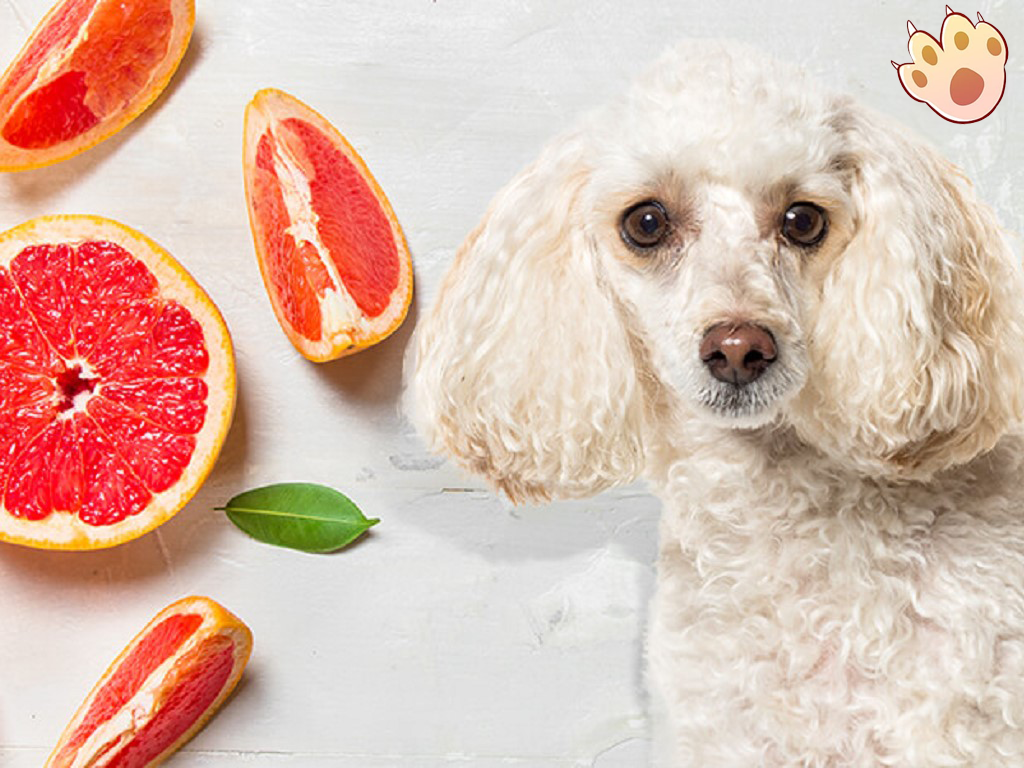
12. Bacon
Bacon and other high-fat foods can cause pancreatitis, a disease that is often fatal for dogs. Thereby, the salt in bacon makes it a poor snack choice. Because large breeds that eat salty foods can develop a potentially fatal condition called bloat, if they drink too much water due to the salt in bacon (or other salty foods like ham, bacon, hot dogs, etc.).
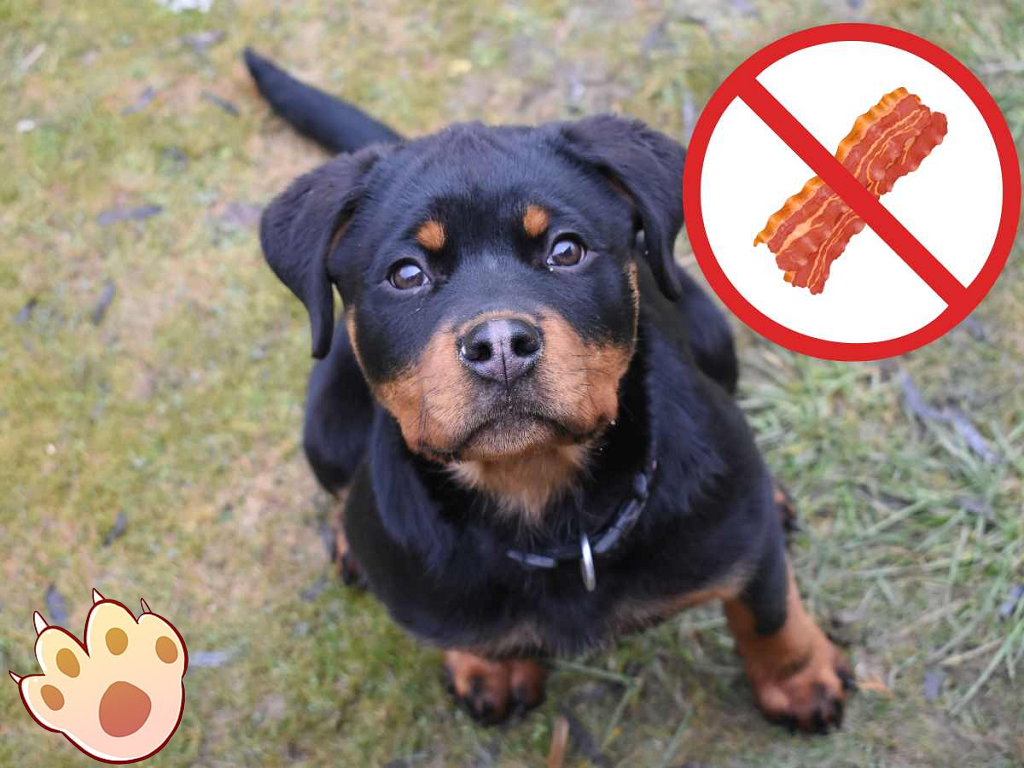
13. Mushrooms
For human, mushrooms are delicious, nutritious, and versatile. They are often added to soups, stews, sauces, salads, and casseroles. Mushrooms are not only delicious, but also healthy. Unfortunately, however, they are toxic to pets.
The reason is that certain types of mushrooms can cause serious kidney damage in pets, which can occur when dogs ingest large amounts of certain mushroom species, such as chanterelles, oyster mushrooms, and shiitake mushrooms.
So, if you suspect your dog has ingested a common poisonous mushroom, contact your veterinarian immediately. Your veterinarian may recommend giving your pet intravenous fluids and an injection of activated charcoal to help absorb the toxin.
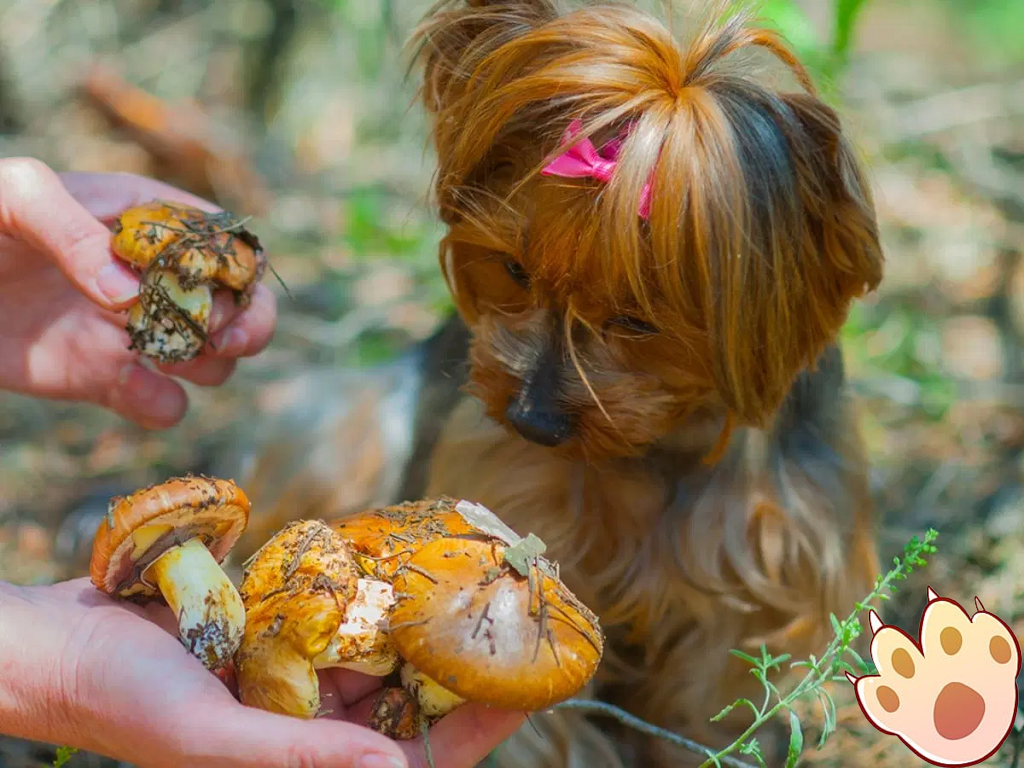
In daily life, small amounts of human food and drink may only cause mild digestive upset, but depending on the amount consumed and the size of your pet, it could cause more serious problems – a mouthful of food for us is equivalent to a full meal for a puppy! Small dogs are more sensitive to stomach upset caused by consuming human food.
The exact toxic dose of these human foods is often unknown, which means that the safe dose is also unclear. Symptoms may appear immediately or may last for hours, but if you know your dog has eaten something it shouldn't have - whether you see it being eaten or find evidence such as a shredded empty package or see food in vomit - don't delay seeking advice. If necessary, inducing vomiting is much better than treating poisoning.
2018-2026 © PupsLover.All Rights Reserved.